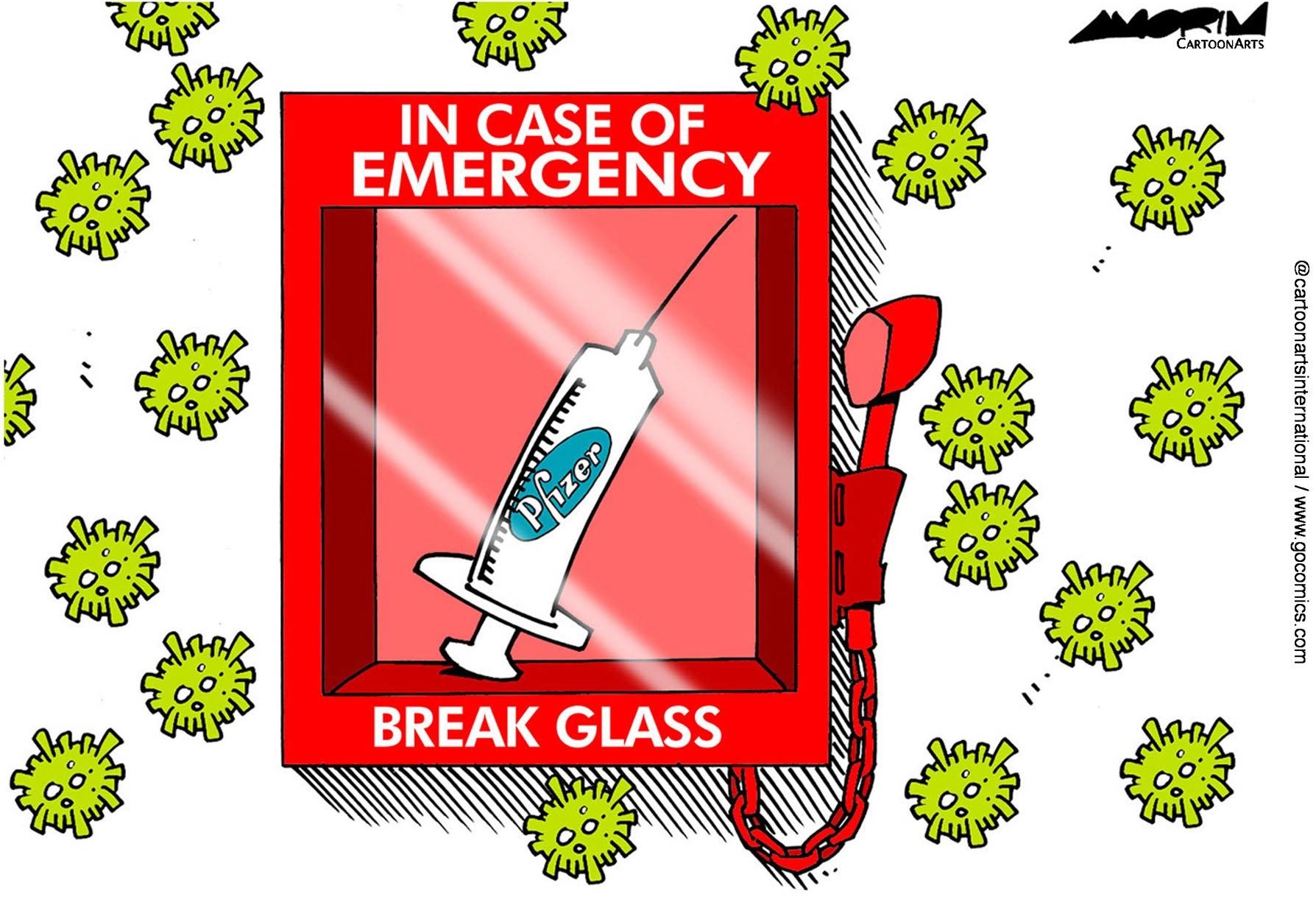The COVID-19 vaccines are here and distribution has begun. But what if something goes wrong?
Whether it’s a loss of income, hefty medical bills or other serious adverse effects from getting a shot, someone has to pick up the tab, be it vaccine manufacturers or governments. In the past, so-called liability shields have given companies cover to produce effective treatments quickly without legal exposure. But it’s a risky endeavor for countries to absorb full responsibility for highly novel products, developed and licensed at lightning speed. Especially when every man, woman and, eventually, child will need to be injected.
Adar Poonawalla, the chief executive of Serum Institute of India Ltd., the world’s largest vaccine maker by volume, wants indemnity. Competitors tripping up one another by instigating frivolous civil suits isn’t a trivial risk for the likes of Poonawalla, who’s manufacturing the jab developed by AstraZeneca Plc and Oxford University. It could get messier still because some health care systems may experiment with dosage quantities and intervals to deal with mutations. Who will be responsible if there are serious adverse side events then? No insurer will underwrite the risk; the burden of compensation will fall on states or, in the case of poor countries, on Covax, a global initiative to ensure equitable distribution.



















With your current subscription plan you can comment on stories. However, before writing your first comment, please create a display name in the Profile section of your subscriber account page.